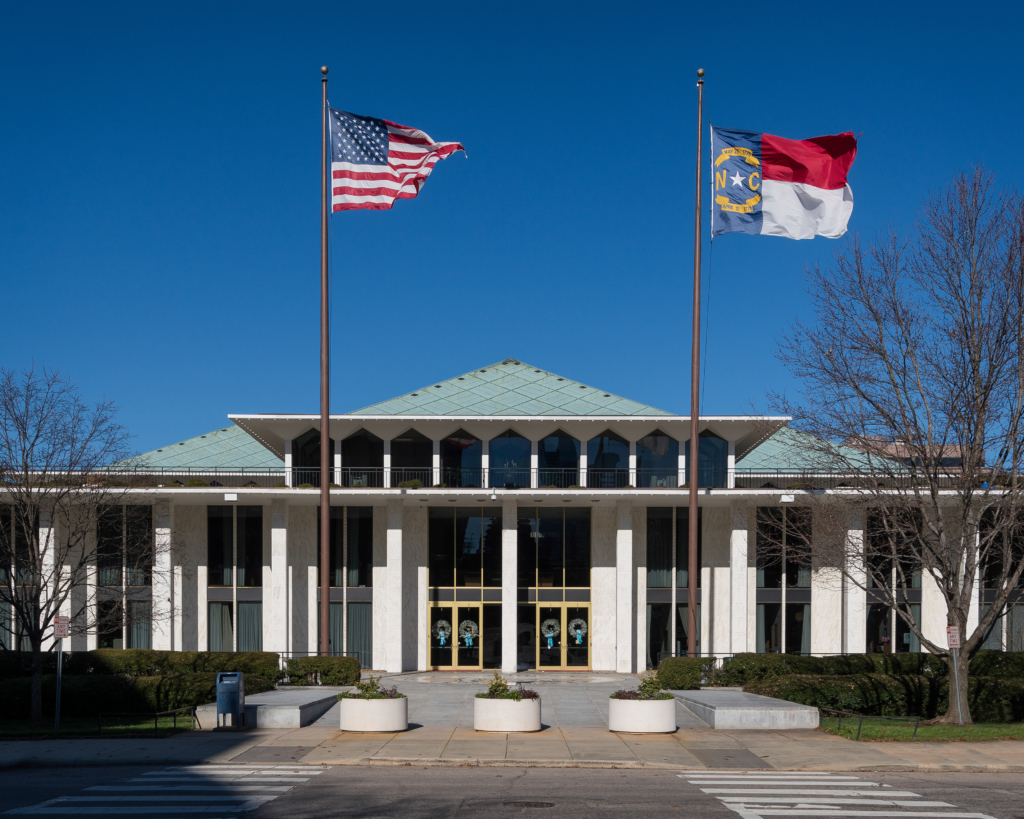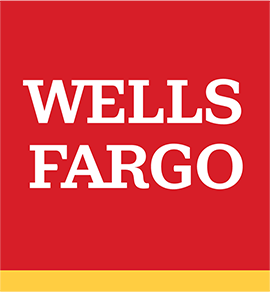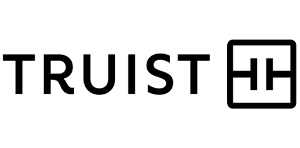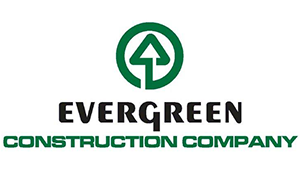
Around the State
General Assembly & HB 1200 Update – Additional Resources Still Needed
The General Assembly is scheduled to reconvene next week on Wednesday, September 2nd. There is approximately $500 million remaining in North Carolina’s federal COVID-19 relief funds that have yet to be allocated.
There are many competing interests and requests to the GA for financial assistance, from local governments to utility companies to small businesses. In light of the Governor’s Office announcing programs to provide rental and utility assistance using funds from the federal CARES Act (CDBG-CV, ESG-CV, and Coronavirus Relief Fund), the status of House Bill 1200 remains uncertain. It remains to be seen what pandemic response the General Assembly will put forward and if that will include additional housing and utility assistance.
While Governor Cooper’s announcement will most certainly help many households, the need for rental assistance is much larger than the amount announced Tuesday (see today’s blog for additional details). Additionally with the federal guidelines governing its funding sources, there are swaths of people who will be ineligible for assistance. For this reason, the Coalition and other stakeholders are continuing the push for House Bill 1200 or the inclusion of its provisions in a larger bill. We also continue to ask for $200 million to be directed towards rental, mortgage, and utility assistance. The need has only grown since the bill was first introduced in May and the programs from the Governor make no mention of assistance for homeowners who will be facing hardships when forbearance agreements end. HB 1200 includes mortgage payment assistance and $5 million each for housing counseling agencies and legal services providers.
Please continue to contact your General Assembly representatives, particularly the following state Senators:
- Senator Harry Brown
- Senator Danny Britt
- Senator Joyce Krawiec
- Senator Jim Perry
- Senator Phil Berger
- Senator Kathy Harrington
- Senator Brent Jackson
If you have any questions or need additional information for talking to legislators, please contact Pamela Atwood, Director of Housing Policy (patwood@nchousing.org).
Governor Cooper Proposes $4.3 Billion Bond for 2021 Ballot – Includes $500 million for Affordable Housing
Wednesday August 26th, Governor Cooper announced a proposal to include a $4.3 billion General Obligation bond on the 2021 ballot. The statewide bond would be used for schools, water/sewer infrastructure, and affordable housing. $500 million of the proposed bond would go towards responding to “affordable housing needs exacerbated by COVID-19.” Additional details on what that means specifically have yet to be unveiled and the Coalition will provide information as it becomes known to us.
The bond proposal was unveiled alongside Gov. Cooper’s recommendations for the FY 2020-21 budget and remaining pandemic relief funds that the General Assembly may be appropriating next week. Cooper stated that the bond measure is intended to be a mechanism for spurring long-term economic recovery and growth post-pandemic by investing in construction of schools, affordable housing, and infrastructure across the state.
Issues You Can Take Action On:
The pandemic and ensuing economic crisis have amplified the fragile state of our social safety net. Aside from housing issues, there are multiple issues that relate to one’s ability to stay housed such as the availability of unemployment insurance (UI) benefits or utility debt. While not directly related to housing, income supports such as UI enable people to pay their bills such as rent and utilities. Access to utility services are critical to health and safety during a public health emergency and the costs or payment demands of utilities can be a determining factor in whether or not someone is able to afford housing. With so many issues swirling around it can be overwhelming to know how and what can be done to help. Here are some issues you can take action on if so motivated.
Unemployment Insurance Reforms & Access: Workers rights/unemployment advocates are asking people to call on the NCGA to make reforms to improve the process for receiving UI. Also, contact U.S. Senators Tillis and Burr continue to hear from constituents during this recess. See this link or adapt the language for your own organization’s action alert: https://ncjustice.salsalabs.org/extendui/index.html
Utility Shutoff Moratorium & Arrearage Issues: Utility advocates are calling on the Governor and Utility Commission to institute additional debt repayment protections and an extended utility shutoff moratorium for low income households. Please see this press release for information.
Stop OCC Rule Change on “Rent-A-Bank” Schemes: Prevent predatory lending that evades NC’s interest rate caps. For more information: http://stopthedebttrap.org/about/rent-a-bank-schemes/
New Greensboro Program To Take Control of Vacant, Dilapidated Housing
Last week the City of Greensboro approved a new legal process that enables the City to gain control of dilapidated and vacant housing. Properties in a state of disrepair and otherwise uninhabitable are cited by the city’s code enforcement officials and are given a time period in which to either repair or tear down the building. The new process allows the city to go before a judge to gain legal control of the property. The city will then request proposals from contractors and others interested in doing the needed rehabilitation or redevelopment. The city will start with a pilot program of 20 houses that are currently on the city’s list of properties “to be demolished.” The new process is intended to remove blight and add units to the city’s housing stock, particularly its supply of “naturally occurring affordable housing.”
CDBG-CV Funds Now Available to Non-Entitlement Jurisdictions
The NC Department of Commerce is now accepting applications from local government units for grants from the $28 million in CDBG-CV funds allocated to North Carolina with the CARES Act. Local governments are encouraged to apply for the funds that can be used for a variety of uses from rental assistance to food provision and COVID-19 testing access. The availability was announced as part of Governor Cooper’s announcement regarding CARES Act housing resources. The Governor’s Office is encouraging local governments to “”prioritize helping local people manage rent and utilities.”
The $28 million in CDBG-CV are the non-entitlement funds from Tranche #1 of CDBG-CV. Many entitlement communities have already begun to use their Tranche #1 CDBG-CV funds to set up rental and utility assistance programs, such as the City of Fayetteville. For more details on the use of CDBG-CV please visit our previous fact sheet.
National
Federal COVID-19 Relief Update
Negotiations for an additional COVID-19 relief package from Congress remains stalled. The Senate has gone home for the recess. The House did meet over the weekend to pass a US Postal Service related bill. However, no provisions relating to any housing needs or COVID-19 relief were included as part of that effort. That bill is not expected to be taken up by the Senate.
With the Republican National Convention occurring this week, there is no focus on potential relief measures. Congress is expected to return after Labor Day. National advocates continue to press for federal housing resources.
Reports/Resources/Events
Brookings Institution – Using a down market to launch affordable housing acquisition strategies
United Way NC – Self-Sufficiency Standard for 2020
Enterprise Community Partners blog – In a Pandemic, Housing Instability is a Pre-existing Condition
UCLA Luskin Institute for Inequality & Democracy & UCLA Center for Neighborhood Knowledge – Systemic Racial Inequality and the COVID-19 Renter Crisis | Challenge Inequality
Health Affairs – Gentrification And The Health Of Legacy Residents








